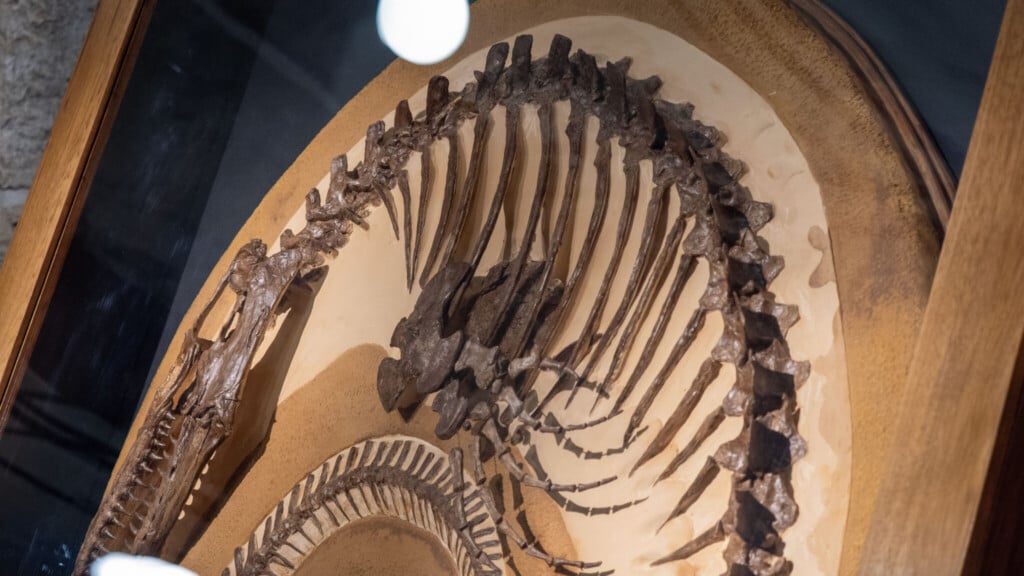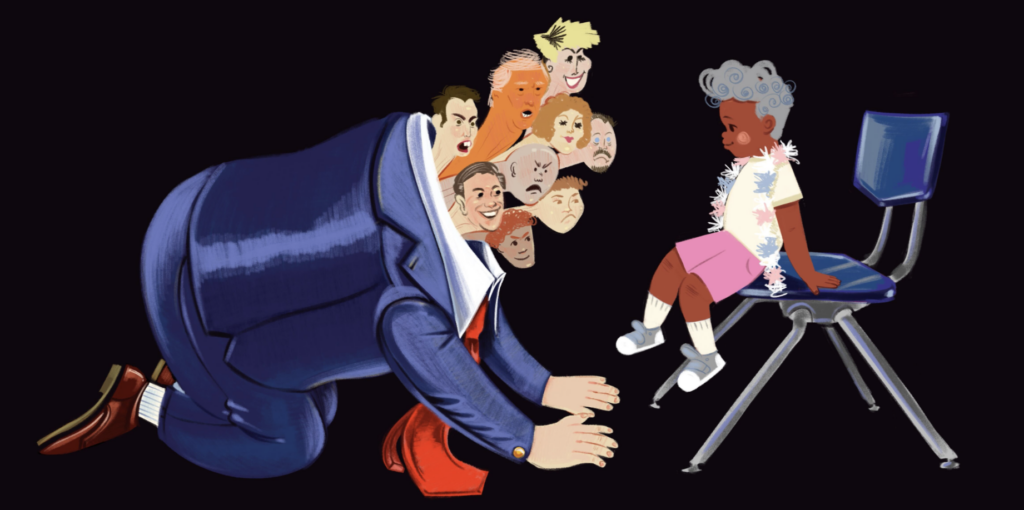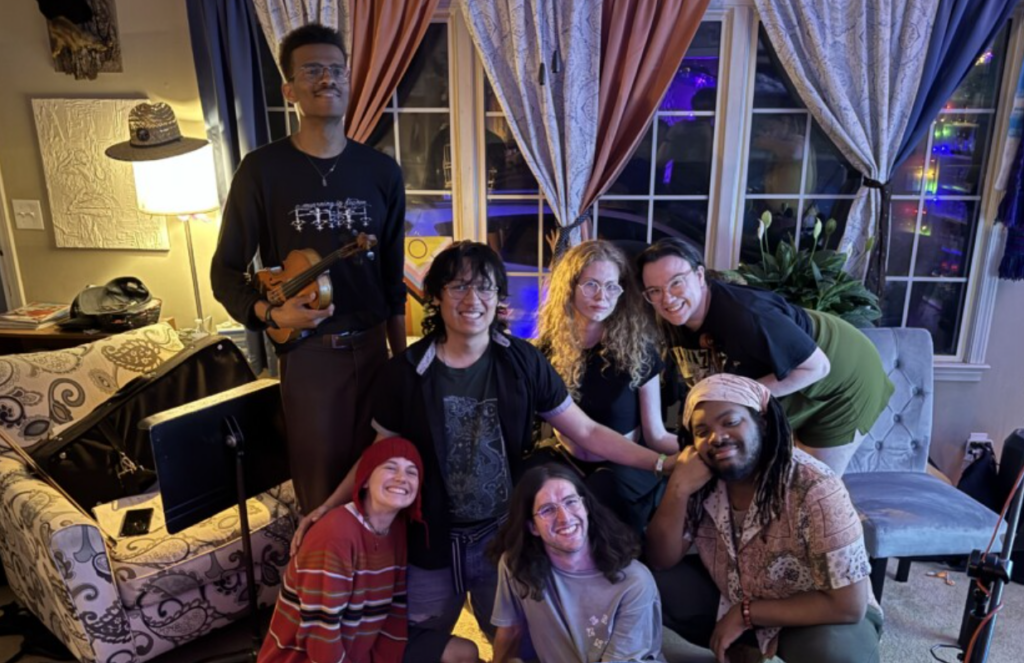Kansas City’s last remaining typewriter repairmen are still hanging on. For now.

Steve Kavanaugh examines the antique Oliver typewriter I’ve brought to him for repair, gliding its carriage back and forth, checking for problems I may have missed in my own mechanical diagnosis. He leans the bulky machine back, quickly scans it from below. From this angle, you can glimpse its wondrous guts: the hundreds of curved, metal pieces connected to one another by tiny bolts, screws, and springs.
I love typewriters — an enthusiasm that dates back to my first encounter with an old Underwood owned by my grandfather. I take my machines to Kavanaugh because there’s almost nothing about these machines he hasn’t been able to fix for me. He has been repairing typewriters in Kansas City for the past 43 years. And he is likely to be one of the last to ever do so professionally here.
A soft-spoken man, Kavanaugh began working as a typewriter repairman for Kansas City’s Office Machine Mart in 1975. He notes that he’s always been mechanically inclined and jokes that he stumbled into the job because his best friend was dating the boss’s daughter.
“When I first came here, there was an IBM C-model, just like this one here,” he says, pointing at a bulky plastic machine on a shelf crammed with colorful vintage IBM typewriters. “It was torn apart. My first job was to put it back together. From that point, I worked on everything.”

Though he has bounced around to a few different companies over the course of his career, he has been back at Office Machine Mart for the past 25 years. The bench where he works is surrounded with shelves full of parts, mostly for IBM selectrics and Wheelwriters — inventions that, in their time, were the futuristic supermachines of typewriting.
Kavanaugh belonged to what once was a massive industry. A whole sector of American manufacturing was dedicated to the production of typewriters, and dozens of repair schools were scattered across the country. Different schools were dedicated to unique brands and models. Typing schools were ubiquitous.
So was retail. In the 1960s and 70s, Kansas City was home to several dedicated typewriter shops, including Brookside Typewriter, Johnson County Typewriter, and Suburban Machine Mart. Of these, only Office Machine Mart remains, though it’s moved from its prominent original location at 1534 Grand to its current midcentury building on 31st Street in Midtown.

Kavanaugh is one of just two repairmen still working professionally in Kansas City. The other is Daryl Martin, at EBS Scantracker in Merriam. He declined to be interviewed for this story. Like many of the older men — it’s always men — I meet at estate auctions and repair shops that service older equipment, Martin is wary of too many questions. He likely doesn’t recall that he was the first person to whom I took my grandfather’s Underwood for repair. It took six months. But that Underwood will likely go another 60 years as a result.
Though it was perhaps inevitable, given the advent of the computer age, the decline of the typewriter wasn’t as precipitous as you might imagine. Some businesses, Kavanaugh explains, still use them, including car dealerships, insurance companies and banks — though he notes that many of these business, too, are transitioning away. Who’s left? Hobbyists like myself and a rapidly dying generation of typewriter users.
“We’ve had people bring in typewriters and pass away,” Kavanaugh says with a shrug, starting to laugh. “That’s just the way it is.”
In fact, Office Machine Mart doesn’t make ends meet by repairing typewriters, though Kavanaugh explains that a few machines do come in each week. Kavanaugh actually spends most of his time repairing and servicing Xerox machines. Other scanning and photo companies sublet some of Office Machine Mart’s space, which covers much of the business’s overhead. As to why they repair typewriters at all anymore, owner Mark Lee explains that it’s just part of Office Machine Mart’s 74-year history.
“We’ve always done it, we have what we need to do it, Steve knows how to do it,” Lee says. “It’s a heritage thing.”
Kavanaugh is in his sixties, as is Daryl Martin. There are no plans to bring on new repairmen once Kavanaugh retires. Until then, though, Office Machine Mart’s doors are open every day. Just walk in and ring the bell for service.

♦




